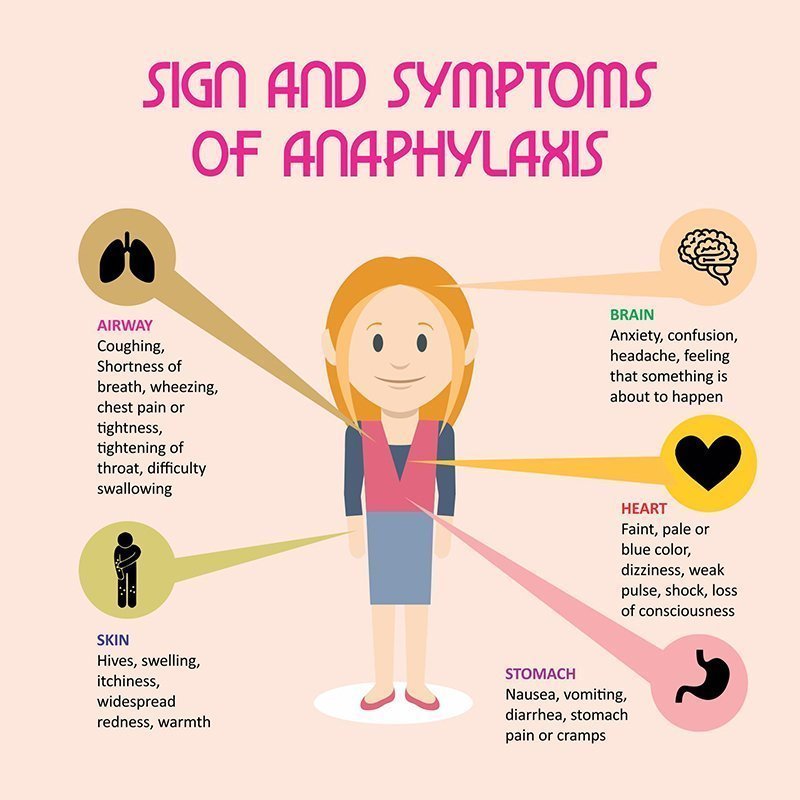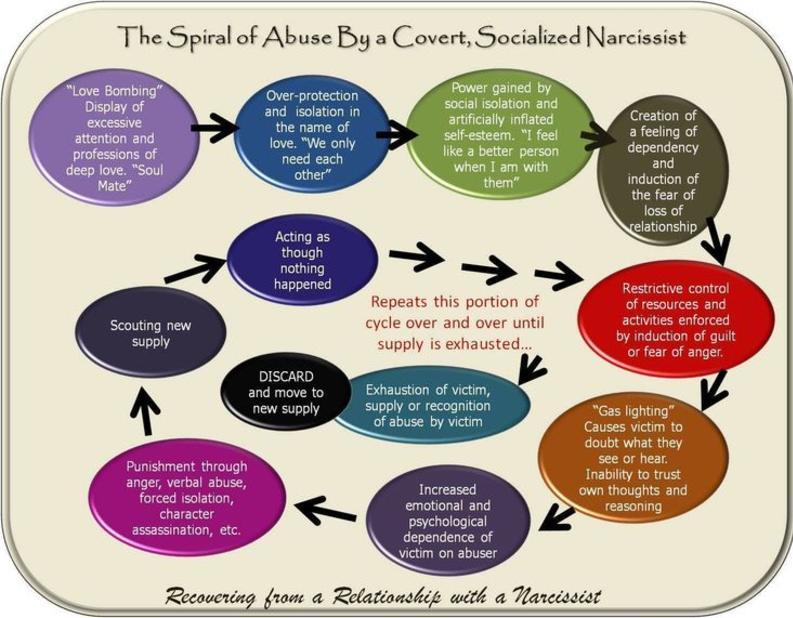How to feel comforted
8 Soothing Techniques to Help Relieve Anxiety
The COVID-19 pandemic has made life uncertain for all of us. Try these techniques, from the Connor Integrative Health Network at University Hospitals, to comfort yourself in times of emotional distress. These exercises can help promote good feelings that may help the negative feelings fade or seem less overwhelming.
Picture the Voice or Face of Someone You Love
If you feel upset or distressed, visualize someone positive in your life. Imagine their face or think of what their voice sounds like. Imagine them telling you that the moment is tough, but that you’ll get through it.
Practice Self-Kindness
Repeat kind, compassionate phrases to yourself. Say it either aloud or in your head, as many times as you need.
- I'm having a rough time, but I’ll make it through.
- I'm strong, and I can move through this pain.
- I'm trying hard, and I'm doing my best.
Sit with Your Pet
If you’re at home and have a pet, spend a few moments just sitting with them. If they’re of the furry variety, pet them, focusing on how their fur feels. Focus on their markings or unique characteristics. If you have a smaller pet you can hold, concentrate on how they feel in your hand.
Not at home? Think of your favorite things about your pet or how they would comfort you if they were there.
List Favorites
List three favorite things in several different categories, such as foods, trees, songs, movies, books, places, and so on.
Visualize Your Favorite Place
Think of your favorite place, whether it’s the home of a loved one or a foreign country. Use all of your senses to create a mental image. Think of the colors you see, sounds you hear, and sensations you feel on your skin.
Remember the last time you were there. Who were you with, if anyone? What did you do there? How did you feel?
Plan an Activity
This might be something you do alone or with a friend or loved one. Think of what you’ll do and when. Maybe you’ll go to dinner, take a walk on the beach, see a movie you’ve been looking forward to, or visit a museum. Focus on the details, such as what you’ll wear, when you’ll go, and how you’ll get there.
Focus on the details, such as what you’ll wear, when you’ll go, and how you’ll get there.
Touch Something Comforting
This could be your favorite blanket, a much-loved T-shirt, a smooth stone, a soft carpet, or anything that feels good to touch. Think about how it feels under your fingers or in your hand. If you have a favorite sweater, scarf, or pair of socks, put them on and spend a moment thinking about the sensation of the fabric on your skin.
List Positive Things
Write or mentally list four or five things in your life that bring you joy, visualizing each of them briefly.
Listen to Music
Put on your favorite song, but pretend you’re listening to it for the first time. Focus on the melody and lyrics (if there are any). Does the song give you chills or create any other physical sensations? Pay attention to the parts that stand out most to you.
Additional Tips
Grounding yourself isn’t always easy. It may take some time before the techniques work well for you, but don’t give up on them.
How to get the most out of these techniques:
- Practice. It can help to practice grounding even when you aren’t dissociating or experiencing distress. If you get used to an exercise before you need to use it, it may take less effort when you want to use it to cope in the moment.
- Start early. Try doing a grounding exercise when you first start to feel bad. Don’t wait for distress to reach a level that’s harder to handle. If the technique doesn’t work at first, try to stick with it for a bit before moving on to another.
- Avoid assigning values. For example, if you’re grounding yourself by describing your environment, concentrate on the basics of your surroundings, rather than how you feel about them.
- Check in with yourself. Before and after a grounding exercise, rate your distress as a number between 1 and 10. What level is your distress when you begin? How much did it number between 1 and 10.
 What level is your distress when you begin? How much did it decrease after the exercise? This can help you get a better idea of whether a particular technique is working for you.
What level is your distress when you begin? How much did it decrease after the exercise? This can help you get a better idea of whether a particular technique is working for you. - Keep your eyes open. Avoid closing your eyes, since it’s often easier to remain connected to the present if you’re looking at your current environment.
Grounding techniques can be powerful tools to help you cope with distressing thoughts in the moment. But the relief they provide is generally temporary.
Related Links
UH Connor Integrative Health Network has remote appointment options that allow you to continue to manage your health safely from the comfort of your own home. Call 216-877-8577 to learn more about our virtual options for acupressure, stress management, integrative health consults and more.
RELATED LINKS
UH Connor Integrative Health Network has remote appointment options that allow you to continue to manage your health safely from the comfort of your own home. Call 216-877-8577 to learn more about our virtual options for acupressure, stress management, integrative health consults and more.
Call 216-877-8577 to learn more about our virtual options for acupressure, stress management, integrative health consults and more.
How to Effectively Comfort Yourself
When no one is available in your moment of need, you can find ways to soothe and comfort yourself.
Comforting others can take many shapes: an embrace, a consoling word, a well-intentioned gift.
When it comes to your personal needs, however, comforting yourself may feel like unfamiliar territory. You may not know how to do it or even feel guilty about focusing on yourself.
But self-comfort is important for emotional well-being and can be implemented easily by developing a few skills. Comforting yourself can help you cope with stressful situations and life challenges.
Practicing self-soothing and comforting techniques can also help you manage stress levels and boost your emotional health.
Comfort implies you aren’t in distress. Your needs have been met, and you aren’t lacking anything vital.![]()
When you need comfort, it’s often when you feel something’s missing. You become uncomfortable because a need isn’t met, and that can result in:
- stress
- anxiety
- depression
When you regain that something you were missing or you replace it with something else that’s also important, you feel comforted.
For example, you may feel sad and hopeless after losing your job. If a friend comes over to spend some time with you, brings your favorite food, and offers words of advice, you may feel comforted. You didn’t replace the lost job, but attention, care, and love may help you fill in the void, even if temporarily.
When it comes to comforting yourself, you can think of ways to replace or recover what you’re missing.
You can also engage in activities that distract you from your sense of discomfort. This may not solve the situation but can reset your emotional and mental state so you can circle back with a sense of peace and calm.
If you live with a chronic condition like depression or post-traumatic stress disorder (PTSD), you may want to find a way to be proactive, so you can quickly comfort yourself on those days you need it the most.
Comfort often comes from those around you. The people who support you can help fill in your comfort gaps.
If you’re feeling lonely, they can provide company, for example. If you need a new winter jacket but can’t spare the money, they might be able to lend you one.
Support networks aren’t always available, however. When you need comfort but can’t find it in other people, you can try to soothe yourself with these methods:
1. Consider letting in the fresh air
The spaces around you can contribute to your sense of comfort or lack thereof.
If you’re going through difficult times or are experiencing anxiety, for example, your environment can contribute to this feeling.
Many people around the world also experience sick building syndrome, an ill feeling related to construction issues like poor ventilation, intrusive lighting, and electromagnetic radiation.
You may be able to comfort yourself or prevent additional stress by improving your lighting and air quality. You can let the breeze through an open window or go for a walk in the park.
Being aware of how your environment affects you and finding ways to change it is a great technique to comfort yourself.
2. Try to create a comforting space
Making your home a comfort zone can help encourage your sense of security and peace when you’re having a bad day. It can also help you improve your sense of comfort in general if you’re facing ongoing challenges.
You can maximize the comfort levels of your home by:
- eliminating combustion appliances
- swapping old furniture out for certified low-emission products
- using an air purifier
- adding nature features inside like plants
- choosing soft lighting tones and avoiding areas of high contrast
- adding sound dampening features to compensate for noise pollution
- decorating with themes that bring you joy
- maintaining a sense of order and cleanliness
If you work from home, you may want to designate a separate comforting space. This can be your bathroom, balcony, or even closet. The idea is to pour your attention and intention into a space that makes you feel at peace and comforted whenever you spend time there.
This can be your bathroom, balcony, or even closet. The idea is to pour your attention and intention into a space that makes you feel at peace and comforted whenever you spend time there.
You can also identify places outside of your home that may help you feel comforted. You could visit these places regularly to fuel this feeling or visit them on days you need it most.
Some ideas may include:
- museums and art galleries
- a lake or the beach
- local park
- natural preserve
- bike paths
- animal shelter
- your front or backyard
- a terrace or rooftop
- community gardens
3. Try self-compassion
Self-compassion is the practice of giving yourself the same level of kindness you’d show someone you care for. Self-compassion may start by not putting yourself down. It’s related to self-respect.
To try self-compassion, concept founder Kristin Neff recommends asking yourself what you would do for a dear friend if they were experiencing what you’re experiencing.
If you’d offer kind words, for example, you offer those kind words to yourself.
You can also practice self-compassion through:
- journaling your feelings
- doing something you love that you don’t get to do often
- writing a love letter to yourself
- practicing supportive touch exercises
- engaging in relaxation techniques that calm you down
- not labeling or judging your reactions and feelings
4. Consider the possibilities of mindfulness
When you need to comfort yourself, mindfulness practices may offer a way to re-center your thoughts on the here-and-now and gain perspective on your situation.
You can practice mindfulness by taking moments throughout the day to engage in deep breathing and letting negative thoughts pass without dwelling on them.
Using positive affirmations can also provide you with a sense of comfort on those days you feel unmotivated or hopeless.
5. Try a cathartic method
Catharsis refers to emotional release. It’s when you let it all out.
It’s when you let it all out.
Bottling up your emotions can have a negative effect over time. But finding a constructive way to express yourself can also be challenging. The idea is that you can release your hurtful emotions without negatively impacting yourself or someone else.
Try to feel your feelings without censoring yourself. If you feel like crying, for example, try to let yourself do that.
Some other ways you can find healing emotional release include:
- journaling
- listening and singing along to your favorite music
- dancing to your favorite beats
- drawing or painting what comes to your head
- exercising
6. Consider taking a shower or bath
Showers and baths can be soothing and relaxing, but research from 2011 suggests the act of cleaning yourself may also provide mental comfort.
According to the study authors, physical cleaning can help you process possible feelings of guilt or doubt about a course of action.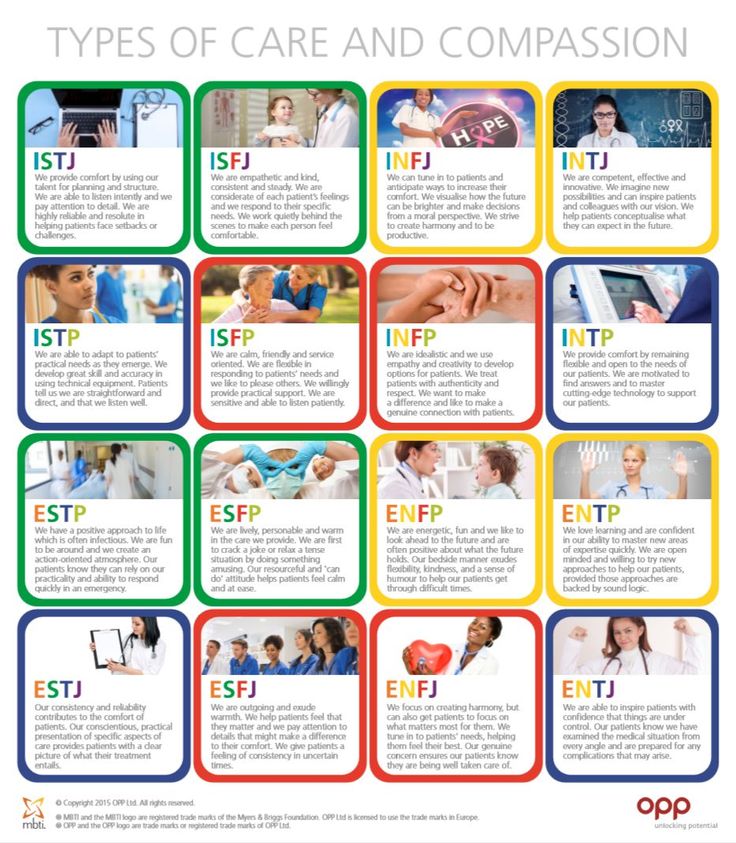
When you have a bad day, certain things may feel as though they bring you comfort or release in the moment, but this may not always be the case.
You may want to spend some time identifying behaviors that have made you feel regretful afterward. For example:
- substance and alcohol use
- excessive shopping
- connecting with unkind people
- binge eating
- self-harm
Being aware of those behaviors you tend to regret might help you avoid them and replace them with something that does bring you lasting comfort.
You may not know how to comfort yourself or might feel guilty for taking the time to do so. But self-comfort techniques can help you increase your sense of well-being.
Journaling, creating safe spaces, and finding a cathartic method can all be effective ways to comfort and soothe yourself.
If you feel self-comfort is challenging to you, consider seeking out the help of a mental health professional. They can explore the root cause of your difficulty and help you develop coping skills.
How to feel comfortable in your own body
How often do you catch yourself thinking negative thoughts about your appearance, build, weight, education, financial situation? Perhaps even more often than you think. The idea of being comfortable in your own body is simple: you need to learn to accept yourself, to be who you are without worrying about what others think. Start practicing self love.
● Pay attention to how you talk about yourself. This is your starting point. How do you talk to yourself? Friendly, encouraging and positive? Or are you harsh, negative and overly critical? Change that attitude. In your inner dialogue, treat yourself as your most beloved person. Remember that you are your best friend and ally.
● Love your body. Learn to accept your shortcomings. Accept and acknowledge your body as it is. Feel grateful that it serves you. Stop the flow of negativity in his direction. Take care of him. Remember that change comes slowly.
Remember that change comes slowly.
● Invest in your own happiness. What makes your heart sing? What brings you joy? Do what you love. Small actions. Significant actions. Unexpected actions. Purposeful actions. Practice what makes you happy.
● Embrace your uniqueness. You are unique and one of a kind. Love your personality. Of course, you have strengths and weaknesses. So: use your strengths and try to correct your weaknesses.
● Learn to be in your own company. Stay at home and listen to music. Or read the article on self-improvement. Or take up yoga. Or take a walk along the beach. Being in company with yourself does not mean that you are alone. This means that you appreciate, understand and love yourself.
● Stop worrying about what other people think about you. Focus instead on your development and growth. Remember that someone else's opinion is 99% subjective, not objective. And you don't have to worry about it at all.
And you don't have to worry about it at all.
● Accept your imperfection. Nobody is perfect, so accept what is and change what is under your control. There is no set standard of "perfection" that everyone must meet; different people have different standards, and that's okay.
● Cast out insecurities and self-doubts. Well, or at least admit that most people at some point, when they are tired, sad, depressed, begin to doubt themselves. It's natural, but it shouldn't last long!
● Know your values. What is important to you? To be accepted by society? Be ambitious? Does everyone like it? To be popular? Confident? Creative? Free? Original? This list has no end. Write down what is important and analyze your thoughts.
● Forgive yourself for your mistakes. Yes, you made them. So what? They are long gone. Even if they still affect you today, treat them as learning. Learn from them.
● Let go of the past. Emotional pain is part of life. But if you choose to constantly hold on to that pain, you will only make it stronger and bigger. Maybe it's time to let her go?
Emotional pain is part of life. But if you choose to constantly hold on to that pain, you will only make it stronger and bigger. Maybe it's time to let her go?
● Make small changes and remember that they add up in the end. Even the longest journey always starts with a small step. Let your start be small, but the actions are constant.
● Find out who you want to be. What motivates you? What kind of life do you want for yourself? It's not just about careers or finances, but more generally: how do you want to live your life? Remember, there is always a choice. And get started today.
● Maintain a positive attitude. Mistakes, failures, obstacles, difficulties are also part of life. Believe in your inner strength and determination. Maintain a positive attitude and optimistic outlook. Everything will definitely get better soon.
● Say positive affirmations every morning. “Today I choose inner strength and joy”, “I love and accept myself”, “Today I build my life the way I want”, “I feel strong, confident and full of energy”.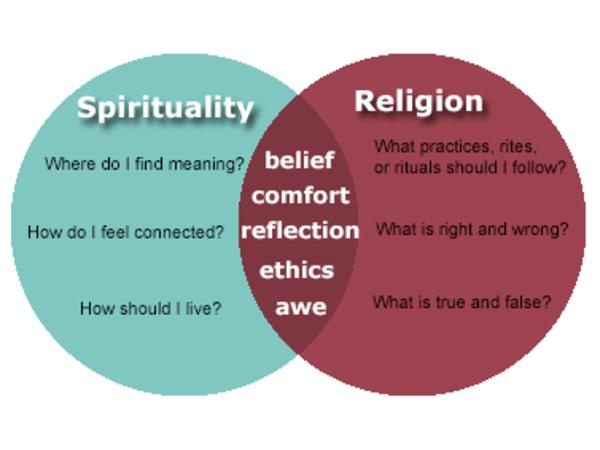 Never doubt that you are a unique, attractive, significant person who deserves to feel comfortable.
Never doubt that you are a unique, attractive, significant person who deserves to feel comfortable.
Text: Flytothesky.ru
Also Read:
8 Reasons You Should Feel Confident When Saying No
Share this post with your friends!
Feel at home (everywhere)
- Photo
- Getty Images
Gennaro Romagnoli, psychologist, blogger PSINEL. Psicologia Pratica e Crescita Personale ("Practical Psychology and Personal Growth").
“Many years ago, while still studying at the university, I found myself in a country that I did not know, the language and inhabitants of which I also almost did not know. Being away from home, I felt a mixture of excitement and fear.
I remember I had to go to a birthday party where the only person I knew had to show up around 11pm. Before that, I had to communicate and maintain relationships with other people.
Before that, I had to communicate and maintain relationships with other people.
Time dragged on endlessly, I felt completely out of my element. Until one guy suddenly disappeared and returned with musical instruments ... in general, soon a guitar fell into my hands. A few minutes after our joint performance, I felt as if I had been born in this house. Okay, I admit, with the birth - this is perhaps an exaggeration, but I felt like a fish in water. What actually happened?
I didn't know any of the guests and didn't know the language (German), I was completely immersed in music and this was my only opportunity to "communicate" with others. For many years I tried to find an explanation for this phenomenon. I thought that music has always been associated with peace, so when I was away from home, I resorted to it to feel more comfortable.
Although this explanation seemed perfectly reasonable, it never fully satisfied me. After all, you say, then it would be enough to eat a piece of good pizza abroad to feel like in Italy? Not so simple.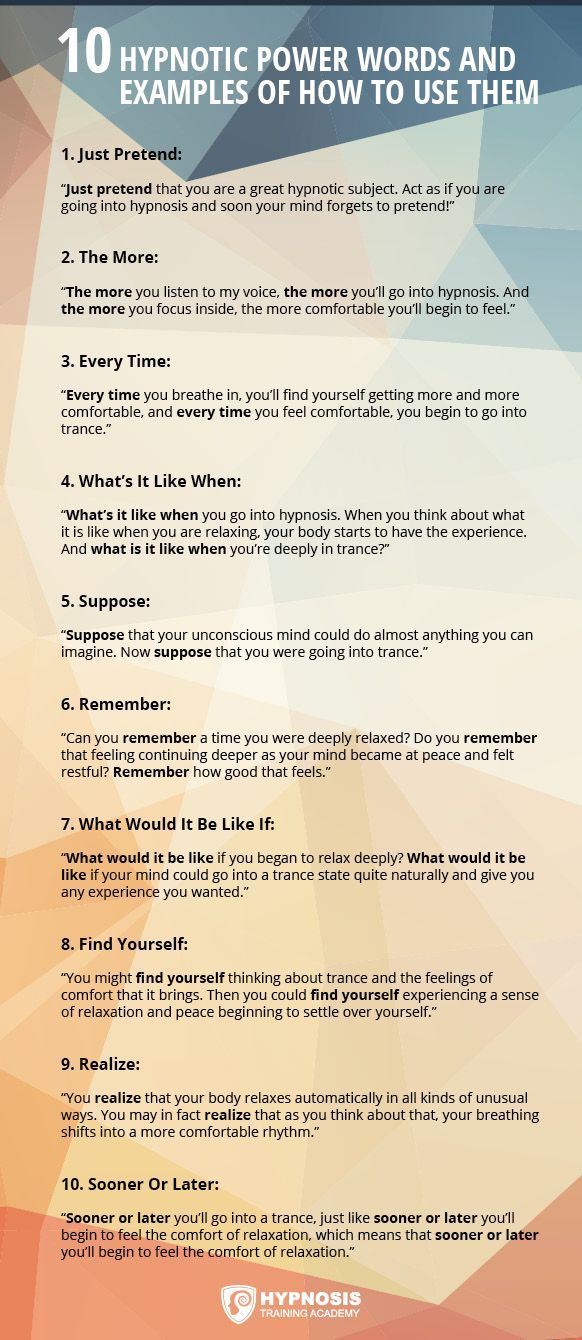
In analyzing all this, I began to think that the feeling of "at home" is closely related to the feeling of "presence." As if our real home does not exist in the outside world, but inside us. And I really think that it is.
Fortunately, while studying this question, I discovered that I am not the only madman who considers it possible to turn his inner world into his "temple". Have you ever heard that the body is called a "temple"? I know for some it's kind of a revelation. But to know is one thing, and to experience it in one's own skin is quite another.
This is a pretty powerful metaphor: it's like there's a barometer inside of us that always tells us exactly when we feel at home and when we don't. It is certainly needed when we go to new and potentially dangerous places - but it is completely useless in a simply unfamiliar bar in our hometown, and even more so at a party where we do not know anyone.
If you feel out of place, it does not mean that you have lost your "compass" or "orientation in space" - it means that you have lost touch with yourself and with the present moment.
